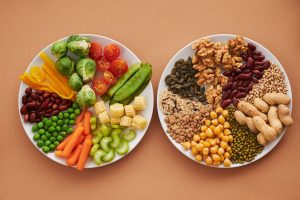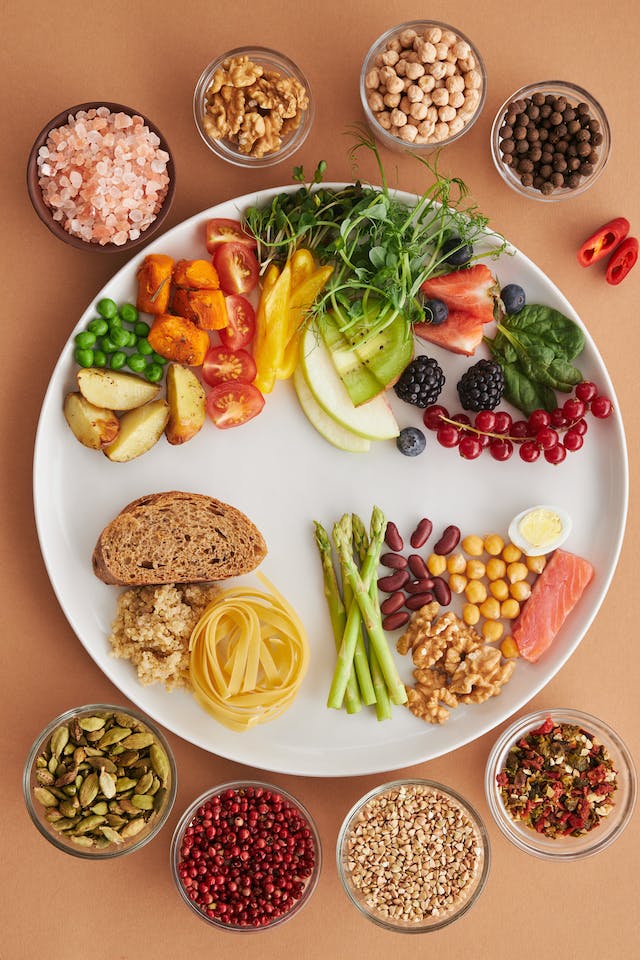Introduction:
Imagine a world without the convenience of modern kitchen appliances, where every meal was a product of our bare hands and ingenuity. To shed light on this fascinating journey through history and anthropology, we turn to Dr. Richard Wrangham, a renowned expert in the field. With his extensive knowledge and research, we will delve into the intriguing topic of “From Tools to Tables: How Food Tools Shaped Human Evolution.” Dr. Richard Wrangham is a primatologist, biological anthropologist, and Ruth B. Moore Professor of Biological Anthropology at Harvard University. He has spent decades studying the evolution of primates and has authored numerous publications on the subject, including the groundbreaking book “Catching Fire: How Cooking Made Us Human.” Dr. Wrangham’s research and expertise provide valuable insights into the role of food tools in shaping human history.

Impact of Cooking
The evolution of food tools didn’t stop at cutting and slicing. It was cooking that truly set us apart from other primates and had a transformative impact on our evolution. Cooking unlocked access to a wider range of foods, increased their nutritional value, and made them safer to consume. Cooking fundamentally changes the composition of food. When food is heated, chemical reactions occur that break down complex molecules, making nutrients more accessible to our bodies. This process, known as “food processing” or “pre-digestion,” began with early humans using hot coals, open flames, or hot stones to cook their food.
Culinary Revolution
As our culinary tools and techniques continued to evolve, so did our societies and cultures. The development of specialized tools for cooking was a catalyst for social and cultural shifts. The ability to store, share, and prepare food more efficiently played a crucial role in the development of early human communities. Cooking wasn’t just about sustenance; it was about bonding and sharing. The communal act of cooking and eating together fostered cooperation and social cohesion. It allowed people to gather around a fire, share stories, and form bonds. This sense of community was a vital factor in human evolution and the development of complex societies. Specialized cooking tools, such as clay pots and ovens, made it possible to store and prepare food on a larger scale. These tools not only made life more convenient but also paved the way for the development of agriculture, as people could now cook and store surplus crops.
Advanced Techniques
If you’re passionate about cooking, having a good set of food tools is essential. These tools can help you master advanced culinary techniques and take your cooking skills to the next level. Whether it’s precision slicing with a chef’s knife or achieving the perfect sear with a cast-iron skillet, the right tools can make all the difference in your culinary endeavors. Consider the chef’s knife, a versatile tool that allows for precision cutting and chopping. With the right technique, you can create intricate dishes that will impress your guests and elevate your culinary creations. Likewise, a cast-iron skillet’s even heat distribution is a game-changer for achieving the perfect sear on a steak or the ideal crust on cornbread.
Nutritional Insights
Understanding the science behind cooking and nutrition is another valuable benefit of food tools. By mastering these tools and techniques, you can optimize the nutritional value of your meals. For instance, knowing how to properly blanch vegetables can preserve their color and nutrients. Learning to sous vide ensures that your proteins are cooked to perfection, maintaining their juiciness and flavor. By harnessing the power of food tools, you can make more informed decisions about your diet and create dishes that not only taste fantastic but also nourish your body.

KeyPoint:
| Tool | Benefits |
|---|---|
| Chef’s Knife | Precision cutting and chopping. |
| Cast Iron Skillet | Even heat distribution for perfect searing. |
| Blender | Smoothies, sauces, and soups made easy. |
| Mortar and Pestle | Grinding and blending spices and herbs. |
| Instant Pot | One-pot meals, pressure cooking, and more. |
| Sous Vide Precision Cooker | Precise temperature control. |
| Food Processor | Efficient chopping, slicing, and shredding. |
Conclusion:
As we wrap up our exploration, we’ve uncovered the remarkable journey of food tools and their impact on human evolution. Thanks to Dr. Richard Wrangham’s insights, we’ve gained a deeper appreciation for the tools that have transformed our culinary world. Whether you’re a seasoned food enthusiast or just beginning your culinary journey, these insights into advanced techniques, nutritional knowledge, and a comparative guide to essential tools will undoubtedly elevate your cooking skills and enrich your understanding of our shared human history. So, next time you pick up your favorite kitchen tool, remember that you’re holding a piece of the fascinating history of human evolution in your hands. The journey from tools to tables continues to shape the way we prepare and enjoy our meals, and it’s a journey worth savoring.




